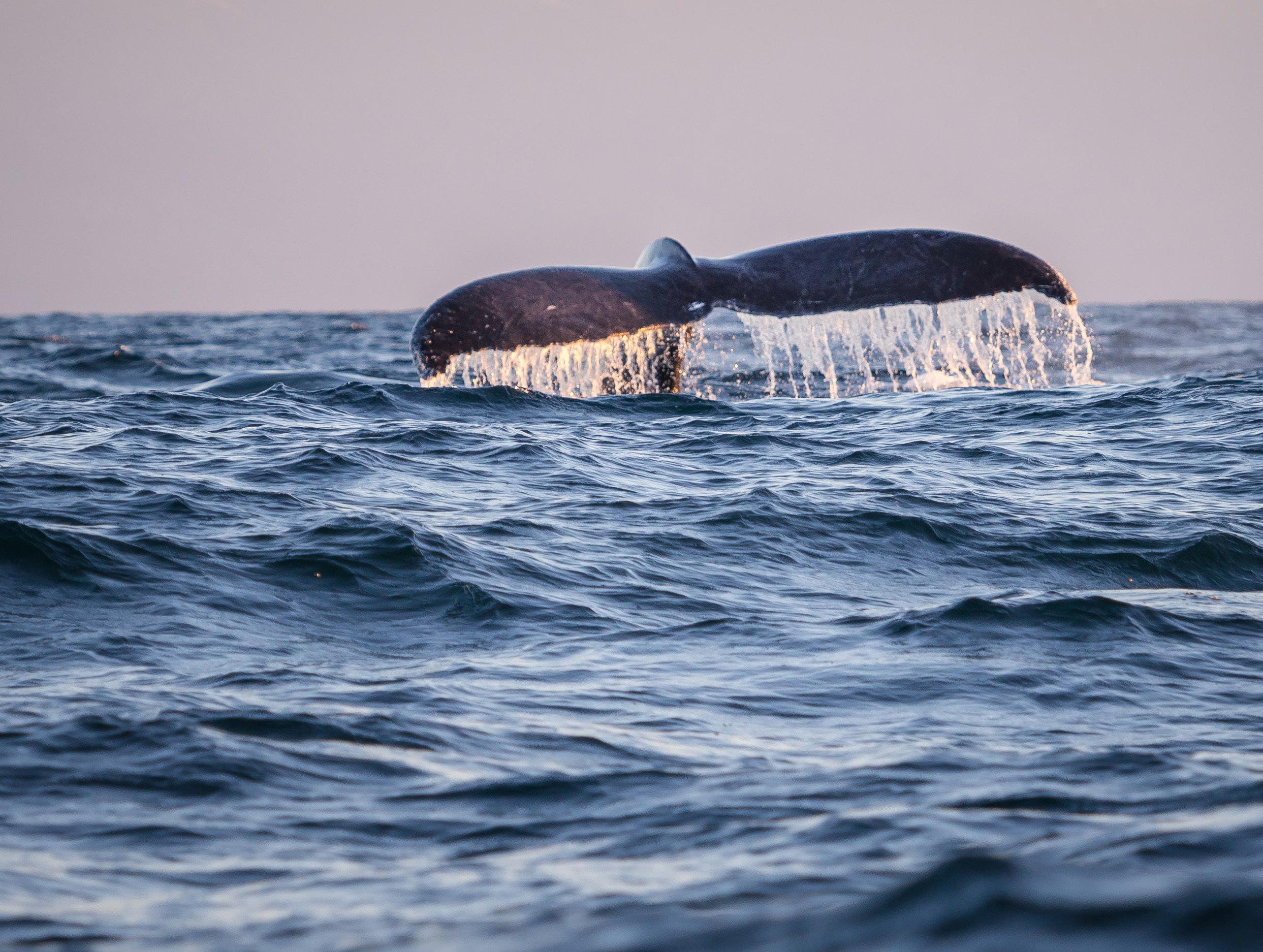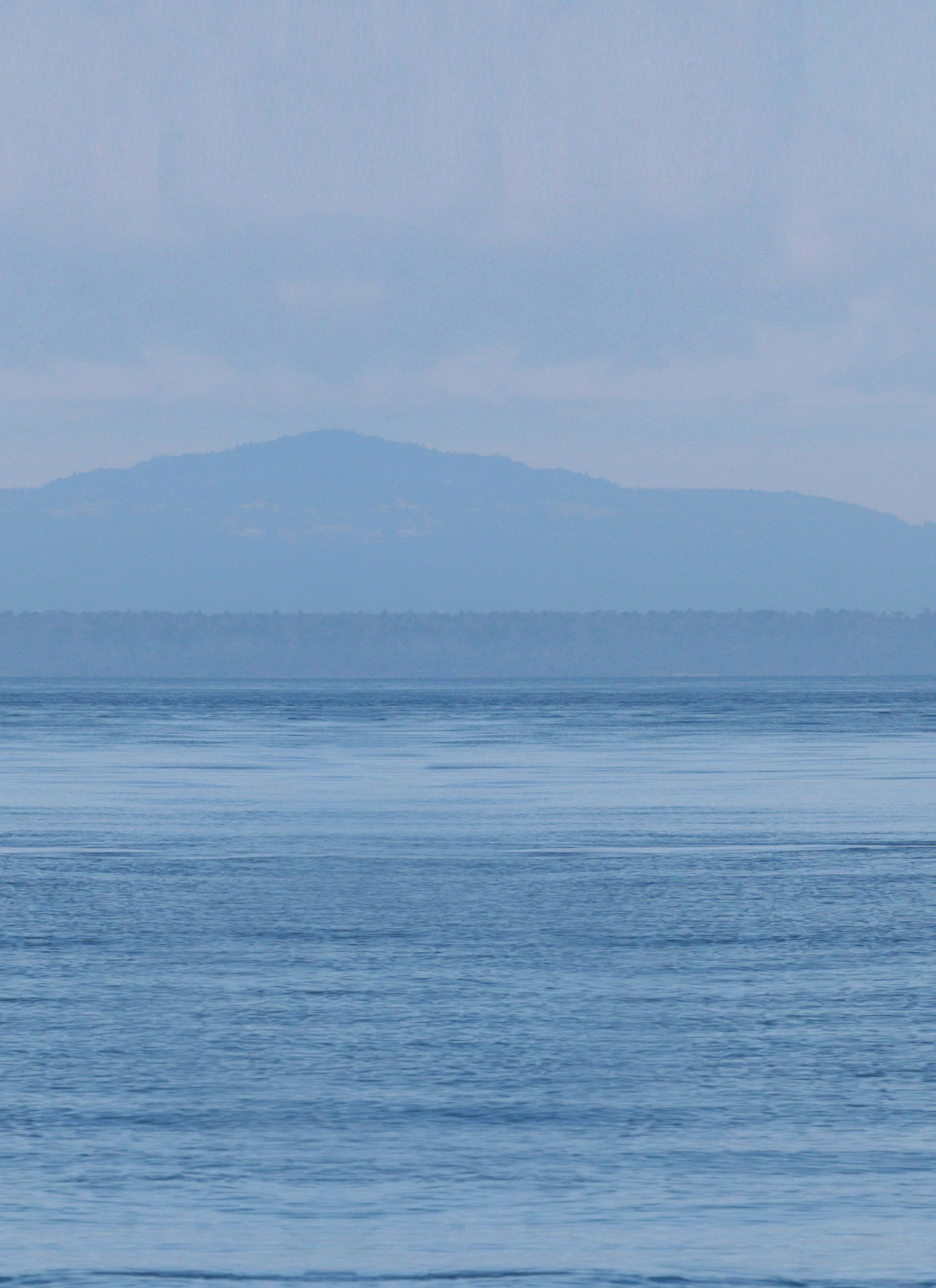
2 minute read
Looking towards the future
Our ocean regulates our climate, provides a habitat to an astonishing variety of life, and offers a vast source of healthy food for billions of people. In the coming decades, these waters are facing a range of challenges. The ocean absorbs over 90 percent of heat accumulated in Earth’s atmosphere and diffuses one-third of all human-made carbon dioxide emissions. Human-generated ocean noise affects migrations and populations of sea-life. Reduced marine populations, in turn, affect human communities and industry. Climate change and the threat of earthquakes and tsunamis are a significant and growing concern.
Now is the time for informed decision-making so that the ocean of our future can remain a natural resource for our decarbonizing world. ONC’s significant technical and operational capabilities enables the assessment of climate change impacts on ocean habitats; monitors the ocean’s response as part of the Earth’s climate system; builds ocean resiliency; restores ocean health; and ensures marine safety. As a global leader in ocean observing, ocean intelligence, community engagement, and the blue economy, Ocean Networks Canada fosters solutions that benefit science, society, and industry.
Advertisement
The actions outlined in ONC’s 2030 Strategic Plan provide building blocks for Canada’s commitment to reach our net-zero targets by 2050 and for the sustainable use of our ocean.
The UN Decade of Ocean Science for Sustainable Development
ONC will directly support five of the UN Decade societal goals:
A safe ocean through the use of oceanographic radar, automatic identification systems, and hydrophone networks for marine mammal avoidance, search and rescue, and environmental cleanup.
A healthy and resilient ocean through ecosystem mapping, marine protected areas monitoring, and coastal community observing.
A predictable ocean through real-time data and long time series to improve our understanding of current and future ocean conditions, including sea ice, ocean circulation, earthquakes, tsunamis, ocean warming, and acidification.
A transparent ocean through the Oceans 2.0 data portal. Managed in line with the World Data System, we ensure these open data follow the TRUST (transparency, responsibility, user focus, sustainability, technology) principles, are FAIR (findable, accessible, interoperable, and re-useable), and CARE (collective benefit, authority to control, responsibility, ethics) about the ocean environment.
An inspiring and engaging ocean where society understands and values the ocean through ocean literacy, Indigenous and coastal community engagement, media, storytelling, education, and events to #knowtheocean.
#knowtheocean
oceannetworks.ca
ONC is primarily funded by: the Canada Foundation for Innovation, Government of Canada, University of Victoria, Government of British Columbia, and CANARIE.
Associate members: Fisheries and Marine Institute of Memorial University of Newfoundland, Dalhousie University, and EMSO-ERIC.

We are thankful for our many partners in industry, government, research, community, and higher education.






